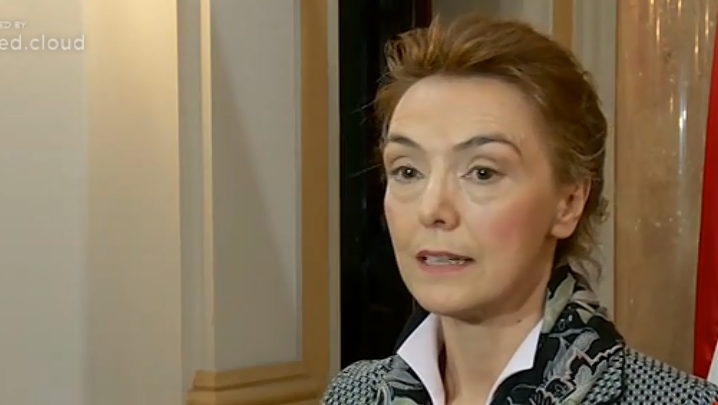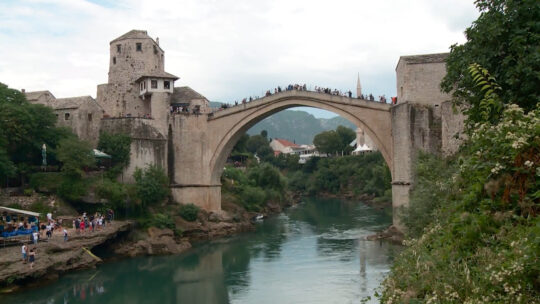
Croatia's Foreign and European Affairs Minister and newly elected Secretary-General of the Council of Europe, Marija Pejcinovic Buric, has said that Russia will be a much more difficult neighbour to Europe if it does not participate in the Council's work.
“The position of the majority is that a Russia which is outside the Council of Europe will be a much more difficult neighbour,” said Buric, who takes office as Council of Europe Secretary-General in September, said in an interview with the public broadcaster Croatian Radio.
She added that including Russia in the Council's work was important also in terms of human rights protection.
“There have been many calls from Russia from human rights activists not to exclude Russia from the work of the Council of Europe,” said the minister.
The Parliamentary Assembly of the Council of Europe (PACE) on Tuesday voted to give Russia back its voting rights, suspended in 2014 over the annexation of Crimea.
The suspension of Russia's voting rights resulted in tensions between PACE and the Committee of Ministers as well as in a crisis in the Council itself, Pejcinovic Buric said.
After it withdrew from the Council's work, Russia also stopped paying its membership fee, which meant a financial crisis for the Council. One of the conditions for Russia's return to the Council was the payment of its debt, which now amounts to EUR 67 million, Pejcinovic Buric added.
She stressed that Russia's rejoining in activities of the Council of Europe had, as expected, especially displeased Ukraine. The three pillars – human rights, the rule of law and democracy, on which the Council's work rests, cannot resolve the situation in Crimea and that issue is within the remit of the UN and the OSCE, said Pejcinovic Buric.
She noted, however, that Russia could be set conditions as of part of its mandate in the Council of Europe to show signs of “sincere cooperation”, including the possibility of human rights monitoring, the arrival of observers in the occupied area from Ukraine's territory, and the release of seamen or prisoners.
Pejcinovic Buric said one of the main goals of her term as Secretary-General of the Council of Europe would be to increase the visibility of that institution with coherent messages to be sent by its bodies, which, she said, had not been the case so far due to the political crisis in the Council.
“This institution has tasks that are performed by numerous experts, yet that is no longer in the focus of media attention,” she said, adding that the significance of the Council of Europe was evident in critical moments, such as in the post-World War II period or after the fall of the Berlin Wall.




